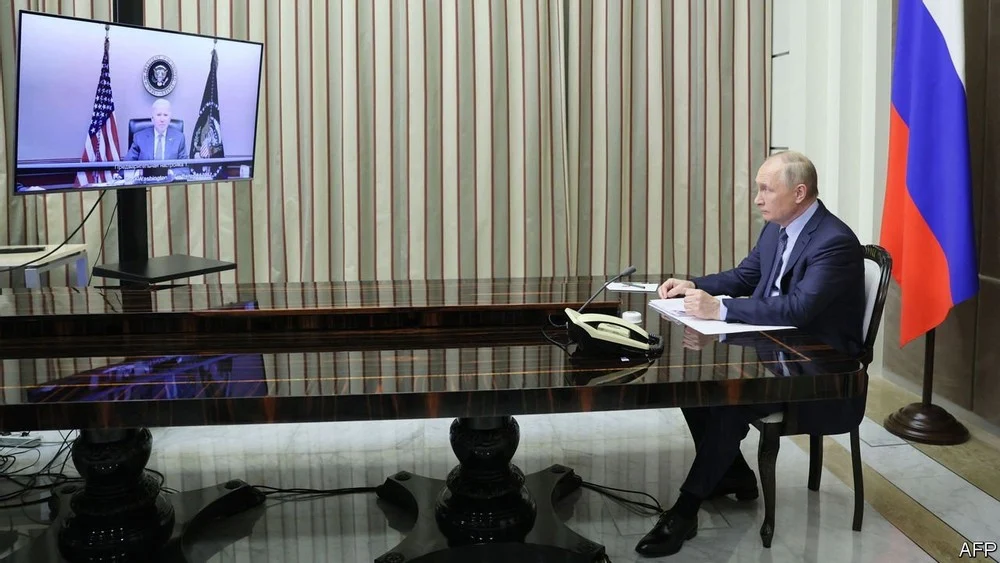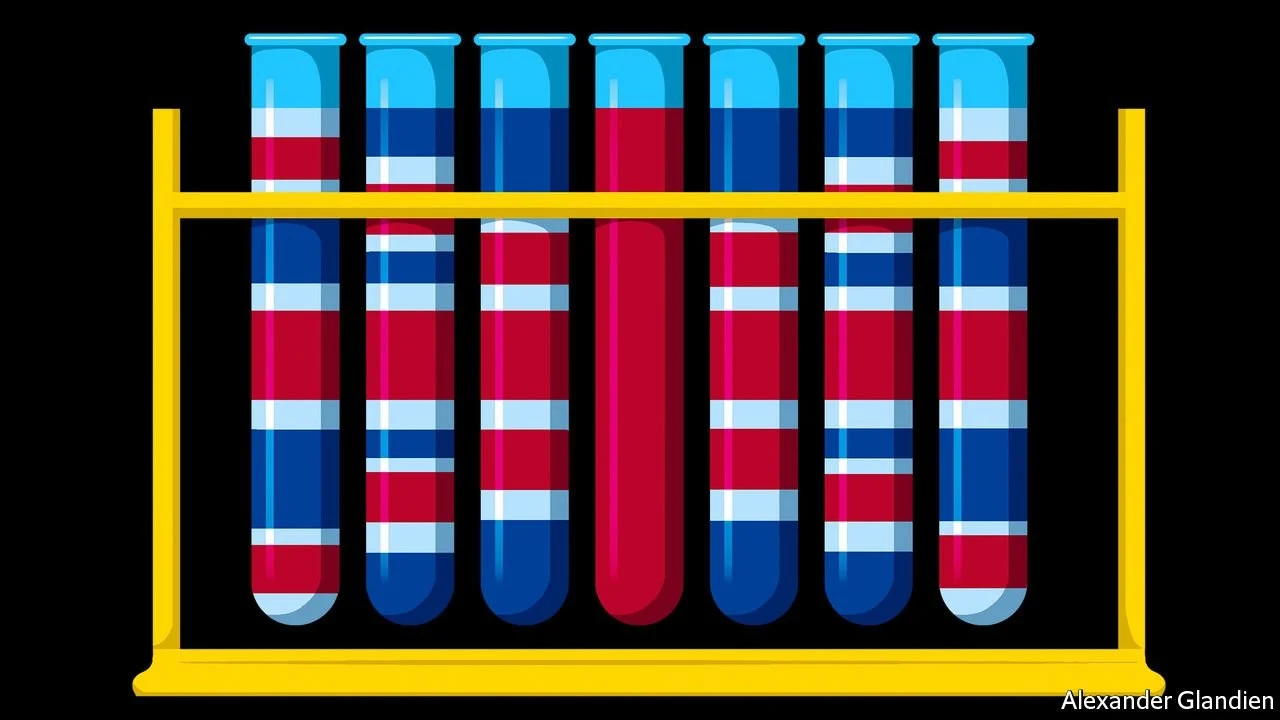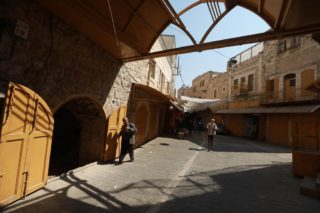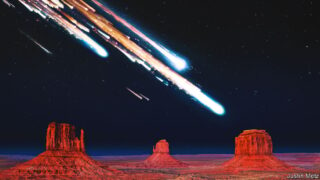WASHINGTON, DC — WHEN JOE BIDEN met Vladimir Putin in Geneva last June, he spoke of his desire for “stable and predictable” relations with Russia and pointed to several areas in which the two could co-operate, not least on limiting nuclear weapons and fighting terrorism. This time, in a two-hour video call, the tone was confrontational. Mr Biden warned his counterpart of harsh retribution if the Russian troops currently massing on Ukraine’s borders launched an invasion.
“He told President Putin…that, if Russia further invades Ukraine, the United States and our European allies would respond with strong economic measures,” said Jake Sullivan, Mr Biden’s national security adviser. “We would provide additional defensive material to the Ukrainians …and we would fortify our nato allies on the eastern flank with additional capabilities in response to such an escalation.”
America is also offering Russia a diplomatic off-ramp, in the form of a broad discussion on European security (eg, cold-war-style accords that limit forces). But this could take place only “in the context of de-escalation”, Mr Sullivan said. It was unclear whether this will be enough to induce Mr Putin to call back his troops.
American and European officials are working on co-ordinated sanctions in case of an invasion. America is pressing the newly installed German coalition led by Olaf Scholz to be ready to halt the opening of the Nord Stream 2 pipeline, which will deliver more gas from Russia to Europe. It is not yet clear whether sanctions would include cutting Russia off from the swift system of financial transfers, which would be hugely damaging.

Some assume that Mr Putin’s military manoeuvres are designed to get America’s attention. A similar build-up in the spring yielded the summit in Geneva in June. This one got him a video conference. But few can claim to know how far he will go. Mr Putin says he wants a guarantee that Ukraine will never join nato, and that it will not be a base for Western weapons that can threaten Russia, even though neither prospect seems remotely likely given the fragility of Ukraine’s government, widespread corruption and unresolved conflicts. Yet nato feels it cannot formally close the door on Ukraine. In Mr Sullivan’s view, “Countries should be able to freely choose who they associate with.”
The real problem for Mr Putin may be less Ukraine joining nato than nato helping Ukraine. He is worried about nato’s and Western countries’ growing role in arming and training Ukraine’s forces, to the point where they present a more capable opponent—though not strong enough to stop a full-scale invasion. Ukraine is one of the largest recipients of American civilian and military aid.
More broadly, Mr Putin wants America to recognise that Ukraine should be within his sphere of influence. In 2014 Mr Putin took over and annexed Crimea, and backed Russian-speaking separatists in the east of the country, creating the breakaway “republics” of Donetsk and Luhansk. The Minsk agreements, intended to end the conflict, would have created a weak and loose federation in Ukraine, possibly in effect giving Russia a veto over its actions. But disputes over their precise meaning and the sequence of steps to be taken have stalled implementation. “Putin does not necessarily have an end state in mind,” says Kurt Volker, a special envoy to Ukraine when Donald Trump was president. “He wants to create positions of power, create opportunities and exploit them.”
For all Mr Biden’s sternness, he appears to have set limits to what America will do. Mr Sullivan said America’s purpose is “to deter a Russian military invasion of further territory of Ukraine”. That would appear to leave open the prospect of Russia annexing the breakaway regions where it already pulls the strings. And although America is prepared to send more forces to reassure nato allies, Mr Biden will not commit American forces to Ukraine itself. If an invasion is averted, the next question will be what Mr Biden and Mr Putin might agree to in any subsequent talks. In a tweet before the summit, Volodymyr Zelensky, Ukraine’s president, thanked the Americans for their “joint & concerted action”. But he added an implied warning: “Nothing about Ukraine without Ukraine.”
By The Economist





